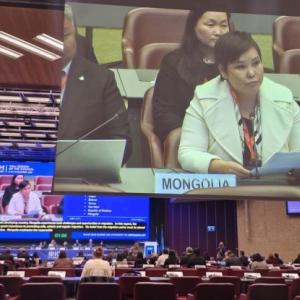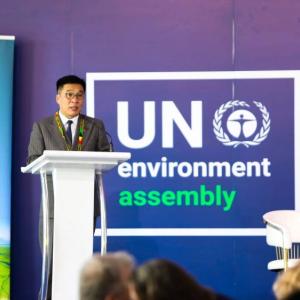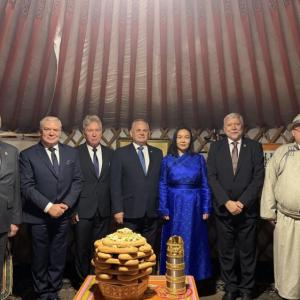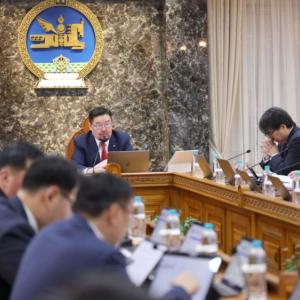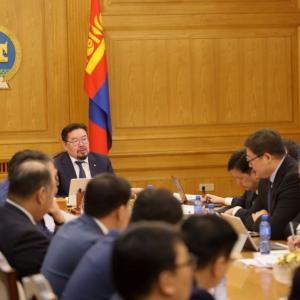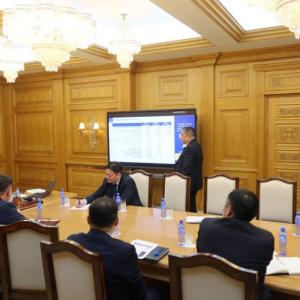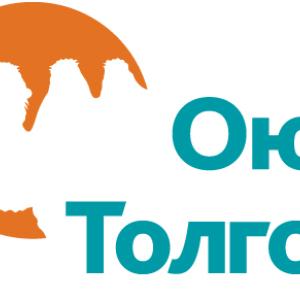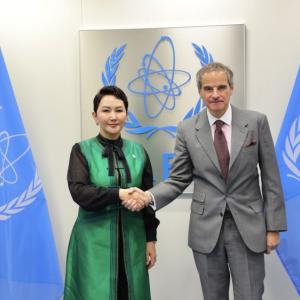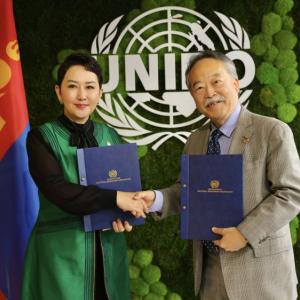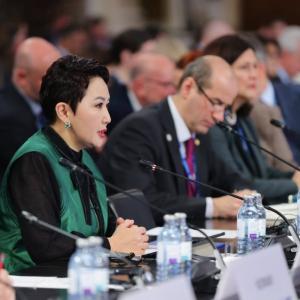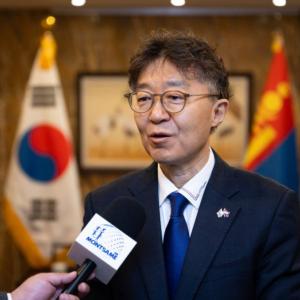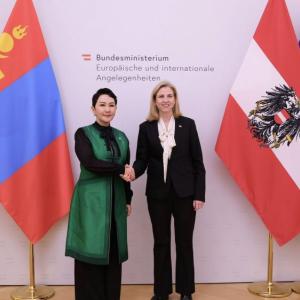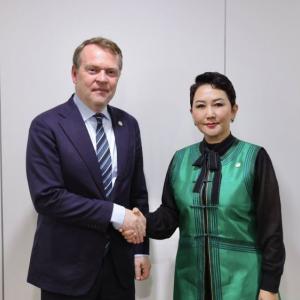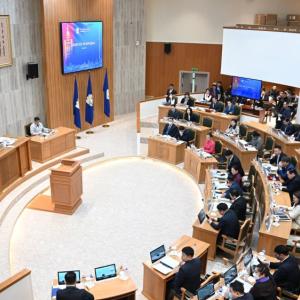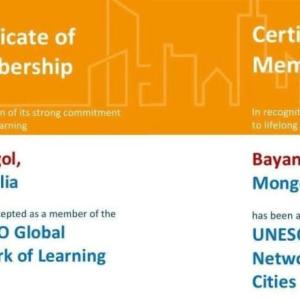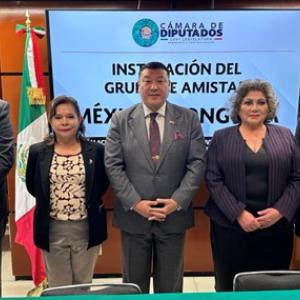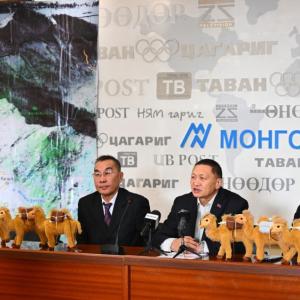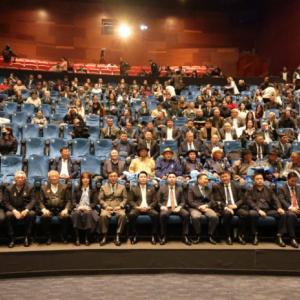Performance Audit Report on Mongolia’s Five-Year Development Guidelines for 2021-2025 Presented
Society
Ulaanbaatar, March 26, 2025 /MONTSAME/. The joint session of the Standing Committees on State Structure and Economics of the State Great Khural (Parliament) of Mongolia was held on March 25, 2025, to review the Performance Audit Report on the Implementation of Mongolia’s Five-Year Development Guidelines for 2021-2025 submitted by the Mongolian National Audit Office.
Under Resolution No. 23 of 2020, the Parliament approved Mongolia’s Five-Year Development Guidelines for 2021-2025, outlining nine policies and objectives, which encompass 47 specific goals, and 243 measures. Additionally, the Government approved a list of 150 investment projects, including 98 requiring feasibility studies and design work, and 88 needing secured funding solutions.
The audit report highlighted that while the guidelines were adopted with 95 evaluation criteria, including baseline and target levels, their alignment with 243 planned measures remained insufficient. Specifically, 108 of the 243 measures lacked defined criteria, baselines, or target indicators, failing to fully meet legal requirements.
Based on collected evidence and audit results, the overall implementation rate of the Five-Year Development Guidelines was assessed at 67.7 percent. The report also found that non-compliance with legislative requirements during policy formulation hindered full implementation within the designated timeframe. This lack of adherence to established standards complicated performance evaluation and reduced the socioeconomic and environmental impact of the plan.
Between 2021 and 2024, a total of MNT 21.7 trillion was allocated for the implementation of the Five-Year Development Guidelines. However, the audit concluded that the positive economic and social impact of this expenditure remains unclear.
In response to these findings, the Mongolian National Audit Office recommended that investment projects included in Mongolia’s National Investment Program undergo comprehensive feasibility studies, financial assessments, and evaluations in accordance with legal and regulatory frameworks. The audit also underlined the need for clearly defining measurable, realistic goals and objectives within the development guidelines, ensuring policies comply with legal requirements and are based on thorough research and analysis, specifying implementation timelines and responsible entities for each measure, strengthening the role of key institutions, including the National Statistics Office, the Bank of Mongolia, and the Ministry of Finance, in development planning and policy execution.

During the discussions, Mongolia’s Chief Auditor Zagdjav Deleg reaffirmed that the audit conclusions were conducted independently and in accordance with international standards. The Chief Auditor noted that the current development guidelines fail to meet the evaluation criteria set forth in the Law on Development Policy and Planning. As a result, the Mongolian National Audit Office has advised budget administrators to improve resource allocation planning and sector-specific methodologies.

 Ulaanbaatar
Ulaanbaatar





